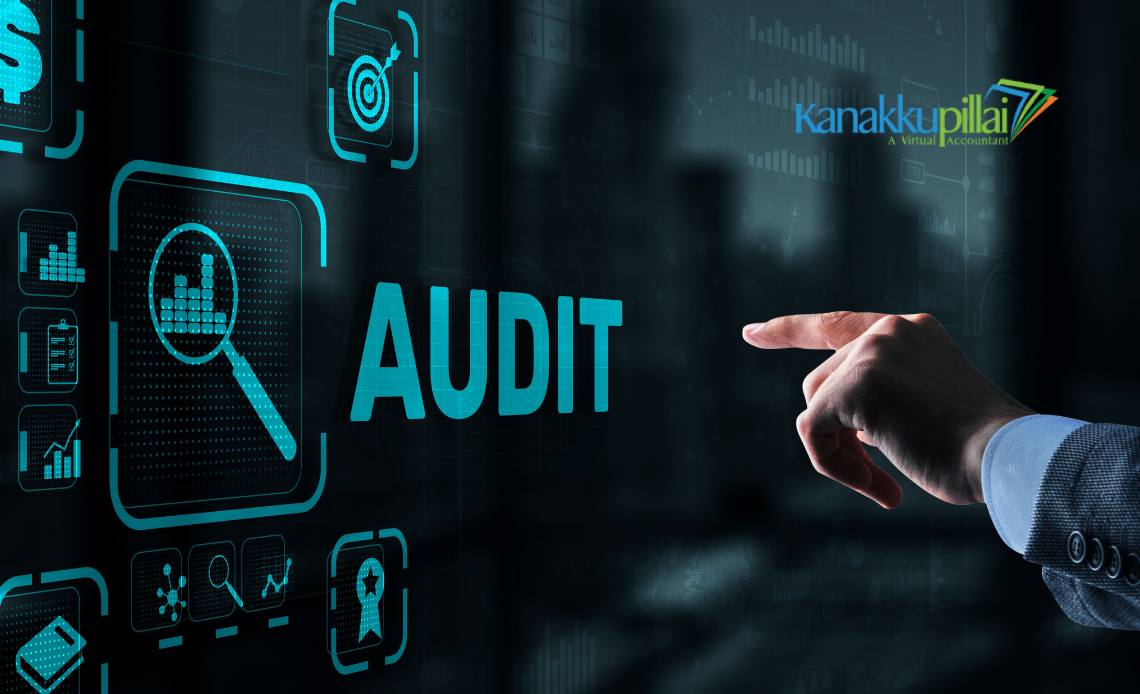Cost audit is a statutory compliance requirement for certain companies under the Companies Act, 2013. It ensures accurate reporting of production costs and operational efficiency. Non-compliance, whether by not appointing a cost auditor or failing to file the report, attracts penalties for both the company and its officers.
This blog explains the meaning of a cost audit, who is required to comply, and the penalties for failing to meet the legal requirements.
Introduction
Cost audit refers to the examination of cost records maintained by companies related to manufacturing, production, or service operations. Unlike financial audits, which review overall financial statements, a cost audit dives deep into the cost structures, raw materials, labour, and overheads to assess operational efficiency and pricing accuracy.
Under the Companies Act, 2013 and the rules issued by the Ministry of Corporate Affairs (MCA), certain companies must conduct a cost audit by appointing a Cost Auditor registered with the Institute of Cost Accountants of India (ICMAI). Non-compliance with cost audit provisions, including delay, non-appointment, or non-filing, can lead to monetary penalties and even disqualification of officers in default.
What is a Cost Audit?
A cost audit is an independent verification of cost records maintained by a company. It is conducted by a Cost Accountant in practice, and the purpose is to ensure –
- Proper cost accounting records are maintained
- No under-reporting or manipulation of cost data
- Correct pricing of products or services
- Compliance with cost accounting standards
- Insight for management to reduce inefficiencies
It is governed under Section 148 of the Companies Act, 2013, along with Companies (Cost Records and Audit) Rules, 2014.
Who is required to comply with the cost Audit?
Not all companies are subject to a cost audit. It applies only to companies that –
1. Fall under specific industries (as notified by MCA), such as Cement, Steel, Pharma, Electricity generation, Telecommunication or Machinery and mechanical appliances.
2. Have turnover thresholds, for example –
- Overall turnover of Rs 100 crore or more
- Aggregate turnover from an individual product or service of Rs 35 crore or more
These limits may vary by sector. Companies meeting the criteria must –
- Maintain cost records
- Appoint a cost auditor within 180 days of the financial year start
- File cost audit report (Form CRA-4) with the Registrar of Companies
Filing Timeline for Cost Audit
- CRA-2 – Intimation of appointment of cost auditor within 30 days of Board appointment or 180 days from the start of the financial year
- CRA-4 – Filing of cost audit report within a period of 30 days from receipt of the report from the cost auditor
- Due date – Typically within 180 days from the end of the financial year
Failure to file these forms or delays can trigger penalties.
Penalties for Non-Compliance with Cost Audit
Penalties for non-compliance with cost audit requirements are covered under Section 147(1) and Section 148(8) of the Companies Act, 2013.
1. Penalty on Company
If a company fails to maintain the cost records, appoint a cost auditor, or file the cost audit report –
- It shall be punishable with a fine of Rs 25,000 to Rs 5,00,000
2. Penalty on Officers in Default (e.g., Directors, CFO, Company Secretary)
Every officer of the company who is in default may be punished with –
- Imprisonment up to one year, or
- Fine between Rs 10,000 to Rs 1,00,000, or
- Both imprisonment and a fine
3. Penalty on Cost Auditor (if default is on their part)
If a cost auditor fails to comply with the provisions of Section 148 or submits a misleading report –
Penalty may include a fine ranging from Rs 25,000 to Rs 5,00,000
If the default is done knowingly or with intent to deceive –
- Imprisonment up to one year and/or
- Fine up to Rs 10 lakh
Such offences may also result in the auditor being barred from future audits, based on MCA or NFRA (National Financial Reporting Authority) action.
Other Consequences of Non-Compliance
Besides monetary fines and imprisonment, non-compliance can also lead to –
- Disqualification of directors if compliance failures persist
- Difficulty in availing government tenders or contracts
- Adverse remarks in statutory audit or ROC inspection reports
- Risk of scrutiny or penalty under Income Tax or GST for related mismatches
- Loss of credibility with stakeholders, lenders, or regulators
Can the Penalty Be Avoided or Reduced?
Yes, under some circumstances –
- Companies can file belated returns with additional fees under the Companies Act
- If the delay is unintentional or due to genuine hardship, the company can apply for condonation of delay
- For first-time or minor delays, compounding of offences may be considered by the Registrar or Regional Director
However, habitual or willful default is viewed seriously and rarely excused without penalty.
Best Practices to Avoid Penalties
- Appoint a cost auditor well in advance (ideally in Q1 of the financial year)
- Maintain accurate and updated cost records throughout the year
- Monitor deadlines for CRA-2 and CRA-4 filing
- Use reminders and compliance trackers for secretarial teams
- Conduct internal reviews of cost records before an external audit
- Ensure board minutes and resolutions are properly recorded and filed
Conclusion
Compliance with cost audit requirements is more than just a technical formality; it is a legal obligation with direct financial and reputational consequences. Companies that fall under cost audit applicability must ensure the timely appointment of cost auditors, the maintenance of accurate cost records, and the prompt filing of reports.
Non-compliance can result in penalties on the company, directors, and even the auditor, which can affect business operations and credibility. Staying proactive, setting up a proper internal process, and consulting professionals can help companies remain compliant and penalty-free.
References
The Companies Act, 2013 (Act No. 18 of 2013)
The Cost Records and Audit Rules, 2014.
The Companies (Management and Administration) Rules, 2014





